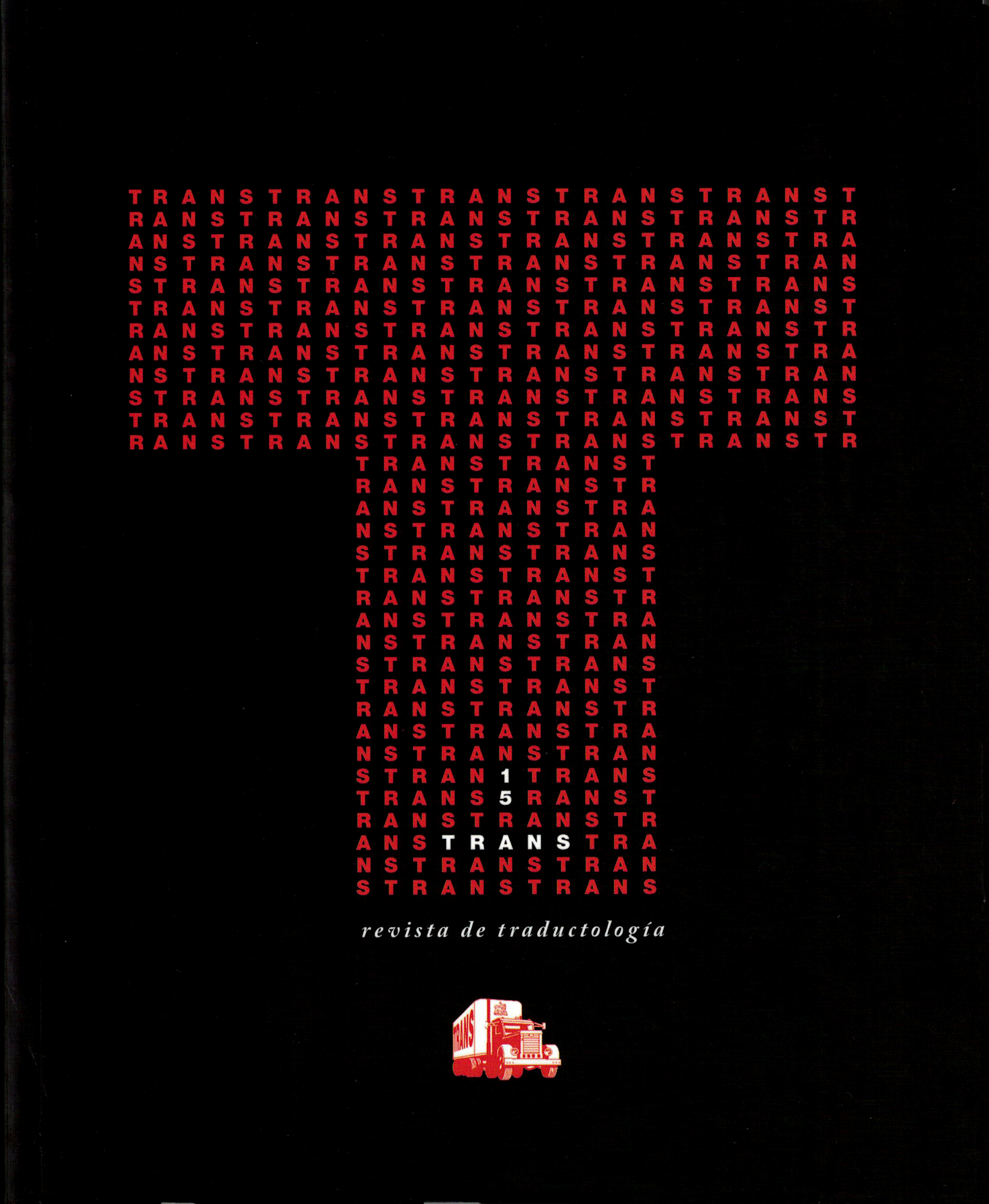Translating Video Games with Historical Content, or Researching to Rewrite History
DOI:
https://doi.org/10.24310/TRANS.2011.v0i15.3199Keywords:
video games, translation, software localisation, history, strategy video games.Abstract
Within the varied sector of video games, there is one type of game, i.e. games with historical content, that could help refine the claim made by Mangiron and O’Hagan (2006) that video games give the translator a particularly high degree of freedom to stray from the source text. In the present article, I try to demonstrate that this type of game may generally require more research than creativity, due to the game’s realism, which limits the translator’s freedom. The article’s conclusions, drawn primarily from examples taken from the Spanish version of the US game Age of Empires iii, place games with historical content alongside those based on children’s books, where the translator’s freedom is limited by the fact that translation is conditioned by the official translation of the literary works the products are based on (Bernal-Merino, 2009)Downloads
Metrics
Publication Facts
Reviewer profiles N/A
Author statements
Indexed in
-
—
- Academic society
- N/A
- Publisher
- Universidad de Málaga
Downloads
Published
How to Cite
Issue
Section
License
All contents published in TRANS. Revista de Traductología are protected under the Creative Commons Attribution-NonCommercial-ShareAlike 4.0 International (CC BY-NC-SA 4.0) license. All about this license is available in the following link: <http://creativecommons.org/licenses/by-nc-sa/4.0>
Users can copy, use, redistribute, share and exhibit publicly as long as:
- The original source and authorship of the material are cited (Journal, Publisher and URL of the work).
- It is not used for comercial purposes.
- The existence of the license and its especifications are mentioned.
- ShareAlike — If you remix, transform, or build upon the material, you must distribute your contributions under the same license as the original.
There are two sets of authors’ rights: moral and property rights. Moral rights are perpetual prerogatives, unrenounceable, not-transferable, unalienable, imprescriptible and inembargable. According to authors’ rights legislation, TRANS. Revista de Traductología recognizes and respects authors moral rights, as well as the ownership of property rights, which will be transferred to University of Malaga in open access.
The property rights are referred to the benefits that are gained by the use or the dissemination of works. TRANS. Revista de Traductología is published in an open access form and it is exclusively licenced by any means for doing or authorising distribution, dissemination, reproduction, , adaptation, translation or arrangement of works.
Authors are responsable for obtaining the necessary permission to use copyrighted images.













21.png)
